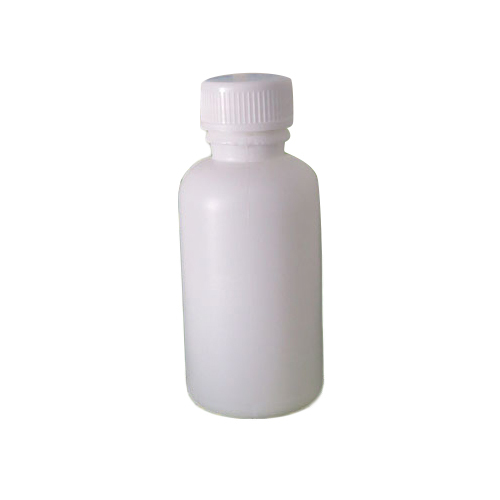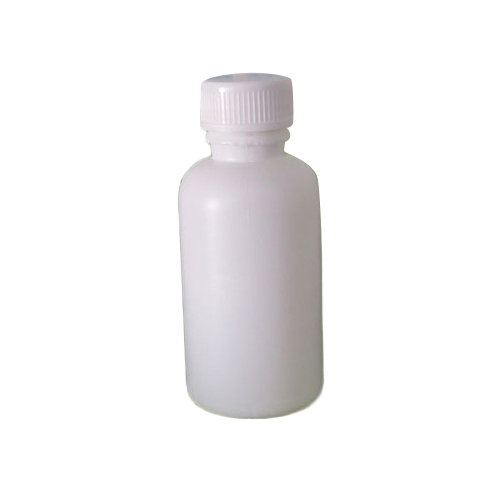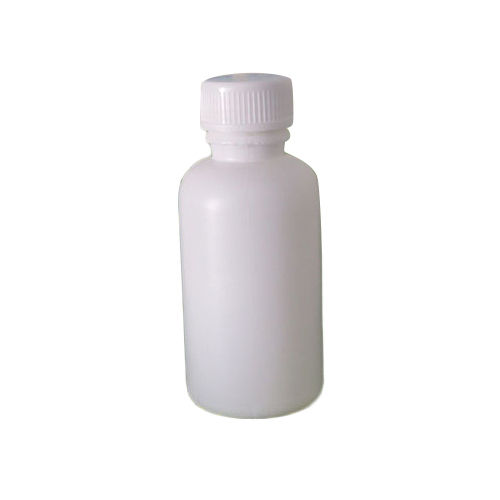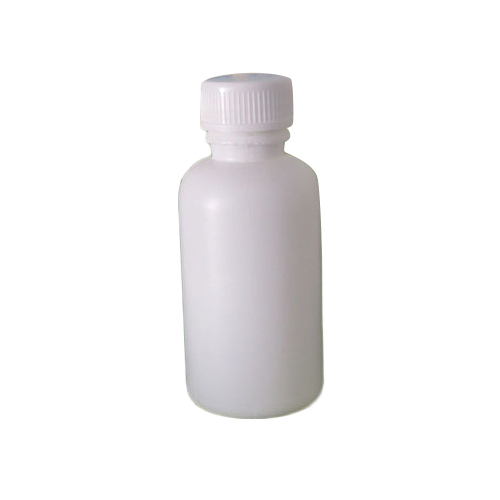फà¥à¤¯à¥à¤² à¤à¤¡à¤¿à¤à¤¿à¤µ
Price 2 USD ($)/ Kilograms
MOQ : 100 Kilograms
फà¥à¤¯à¥à¤² à¤à¤¡à¤¿à¤à¤¿à¤µ Specification
- भौतिक रूप
- पाउडर
- मेल्टिंग पॉइंट
- High
- ग्रेड
- Industrial
- स्टोरेज
- कमरे का तापमान
- पवित्रता
- High
- विषैला
- हाँ
- एप्लीकेशन
- इंडस्ट्रियल
फà¥à¤¯à¥à¤² à¤à¤¡à¤¿à¤à¤¿à¤µ Trade Information
- Minimum Order Quantity
- 100 Kilograms
- भुगतान की शर्तें
- कैश ऑन डिलीवरी (COD)
- आपूर्ति की क्षमता
- प्रति महीने
- डिलीवरी का समय
- दिन
- मुख्य घरेलू बाज़ार
- ऑल इंडिया
About फà¥à¤¯à¥à¤² à¤à¤¡à¤¿à¤à¤¿à¤µ
A chemical substance called a fuel additive is added to the fuel system of a car in order to change the fuels characteristics or boost the engines performance. These additives are made to address a number of problems with engine cleaning, fuel quality, combustion efficiency, and emissions reduction. These additives raise the octane rating of gasoline, which can stop high-compression engines from knocking or pinging. They are frequently found in fast or sports cars. These additives aid in cleaning the fuel system, including the fuel injectors, carburetors, and combustion chambers, of carbon buildup, gum, and varnish. Engine efficiency and performance can both be enhanced by cleaner fuel systems.
Engineered for Industrial Precision
Developed for rigorous industrial applications, this fuel additive in powdered form delivers optimal efficiency. Its high melting point ensures resilience under extreme conditions, while its substantial purity guarantees consistent performance across processes. Strict quality protocols during manufacturing maintain a formidable standard, ensuring the additive meets the needs of demanding industrial users worldwide.
Secure Handling and Storage
Due to its poisonous nature, this additive must be handled with appropriate safety equipment including gloves and masks. Store it at room temperature in sealed containers to prevent contamination and accidental exposure. Facility staff should be thoroughly trained in safe handling procedures to maintain a secure working environment.
FAQs of Fuel Additive:
Q: How should the powdered fuel additive be used in industrial settings?
A: The powder should be carefully measured and blended directly into fuel systems as specified by industrial procedures. Always follow the manufacturers guidelines and safety protocols to minimize risk during usage.Q: What safety precautions are recommended due to the poisonous nature of the additive?
A: Since the additive is poisonous, handlers must wear protective gear such as gloves, eye protection, and masks. Operations should occur in well-ventilated areas, following all departmental safety regulations.Q: When is the best time to blend the additive into fuel?
A: It is advisable to add the powder during the initial fuel preparation or blending stage, ensuring even distribution and maximum efficacy within the fuel mixture.Q: Where should the fuel additive powder be stored?
A: Store the additive at room temperature in its original, tightly sealed packaging. Ensure the storage area is secure, away from incompatible materials and clearly marked as hazardous.Q: What is the process for exporting and supplying this fuel additive from China?
A: As a manufacturer, supplier, and exporter, the company adheres to international packaging and transportation standards for hazardous materials, ensuring the product reaches global clients safely and efficiently.Q: How does this additive benefit industrial fuel applications?
A: By enhancing fuel stability and combustion efficiency, the additive helps improve engine performance and prolong the lifespan of fuel systems in industrial operations.
Tell us about your requirement

Price: Â
Quantity
Select Unit
- 50
- 100
- 200
- 250
- 500
- 1000+
Additional detail
मोबाइल number
Email
अधिक Products in Octane Booster Category
ऑक्टेन एन्हांसर
एप्लीकेशन : इंडस्ट्रियल
विषैला : हाँ
स्टोरेज : कमरे का तापमान
मूल्य की इकाई : किलोग्राम/किलोग्राम
पवित्रता : High
मूल्य या मूल्य सीमा : यूएसडी ($)
एंटीनॉक एडिटिव
एप्लीकेशन : इंडस्ट्रियल
विषैला : हाँ
स्टोरेज : कमरे का तापमान
मूल्य की इकाई : किलोग्राम/किलोग्राम
पवित्रता : High
मूल्य या मूल्य सीमा : यूएसडी ($)
गैसोलीन एडिटिव
एप्लीकेशन : इंडस्ट्रियल
विषैला : हाँ
स्टोरेज : कमरे का तापमान
मूल्य की इकाई : किलोग्राम/किलोग्राम
पवित्रता : High
मूल्य या मूल्य सीमा : यूएसडी ($)
ऑक्टेन बूस्टर केमिकल
एप्लीकेशन : इंडस्ट्रियल
विषैला : हाँ
स्टोरेज : कमरे का तापमान
मूल्य की इकाई : किलोग्राम/किलोग्राम
पवित्रता : High
मूल्य या मूल्य सीमा : यूएसडी ($)

 जांच भेजें
जांच भेजें





